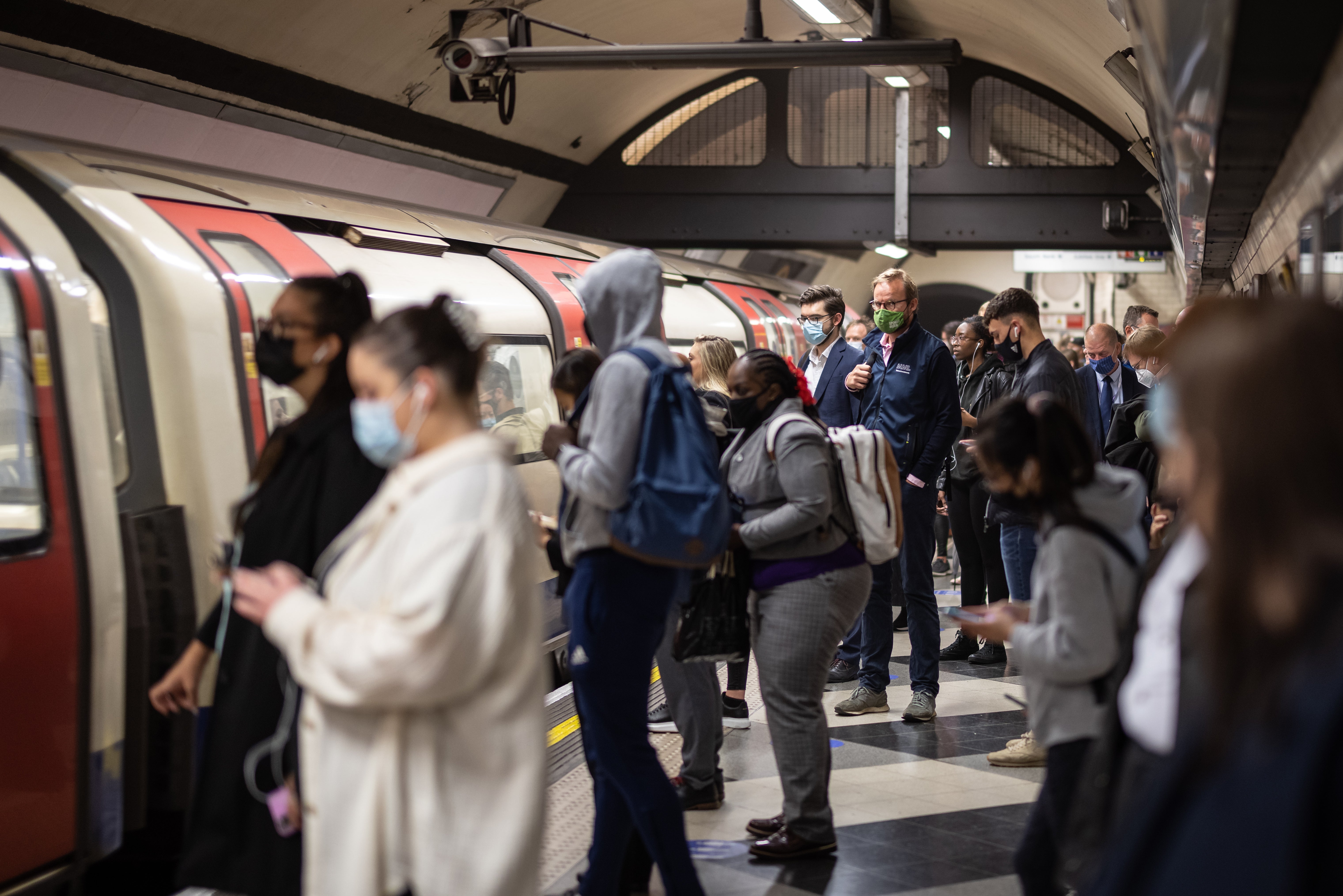Vulnerable people are being sent out to die. Don’t believe me? Read the government’s advice
‘May’ and ‘might’ must have been the words of the day in Whitehall when this was written because they’re all over the place


I’m catching up with an old friend for a pizza soon. But that could be quite a bit more complex now than simply finding a place that can accommodate a pair of wheelchair users without the management acting as if doing so requires an exercise in quantum mechanics.
I’m classified as “clinically extremely vulnerable” to Covid-19 because I have type one diabetes. That’s the autoimmune disorder kind that can’t be fixed with diet. I need regular injections of insulin. Combined with my age, it landed me in the shielding group earlier this year.
For shielders like me, the government’s 19 July “Freedom Day” – which will allow, among other things, anti mask louts to breathe their virus particles all over me whenever I enter a supermarket – doesn’t feel very free. For the immunocompromised in particular, “Freedom Day” represents something akin to a film from The Purge franchise, which depicts a world where people are allowed to kill each other, no questions asked, for one night of the year.
But fear not, for the government has drawn up some new guidance for how we modern day lepers can keep ourselves safe from the free circulation of a virus that could still pose a threat even if we’re double jabbed. No vaccine is 100 per cent effective.
There is more than 3,000 words of this advice – it’s just a very strange sort of advice. The problems start almost as soon as you start reading it. There’s a paragraph which gets going by urging us to follow, at the minimum, the same guidance as everyone else. That sounds sensible but it’s basically irrelevant because, from 19 July, there’s almost no guidance beyond some fuzzy pleadings to perhaps think about being a bit careful because there’s still, you know, a killer disease making merry out there.
“You may wish to think particularly carefully about additional precautions you might wish to continue to take,” it continues. Is this a case of, I may wish to think about whether I might wish to look both ways before I cross the road? Or is it that I may wish to think about whether I might wish to avoid pumpkin spiced lattes from Starbucks because they taste bloody awful? I’m thinking probably the former. But it’s not certain because that sentence is woolier than a herd of highland sheep in the middle of a cold winter.
“May” and “might” must have been the words of the day in Whitehall when this was written because they’re all over the place. It makes this feel less like advice than an exercise in arse covering.
Apparently, I may wish to think particularly carefully about taking precautions when meeting others I “do not usually meet with in order to reduce the risk of catching or spreading Covid-19”. That includes considering whether they’ve been vaccinated. My friend has been vaccinated (he’s an Astra man like me) but what about the waiter or waitress we’re obviously going to meet? Am I supposed to ask them whether they’ve been double vaccinated before they serve us?
But while socialising looks complex, it’s when it comes to work that things get really icky because if your boss wants your immunocompromised body back in the office, then I’m afraid that’s where it’s going. Employers are “encouraged” to talk to their clinically vulnerable workers “so they can explain the measures being taken to ensure where they work is Covid-secure” says a click through to the Health & Safety Executive, which is about as reassuring as the owner of an angrily barking dog telling you that it hasn’t bitten anyone for the last month or so.
There’s a big difference between an employer being encouraged to do something and being told they have to do it. It seems that the HSE can get tough if workplaces aren’t “Covid secure”, as can local authorities. They can even prosecute. Trouble is, by the time they get around to doing that, it may be too late.
The harsh reality is that, as disability charity Scope pointed out in its reaction to the publication, there are no concrete protections for vulnerable people at work. None at all. If you’ve got a good employer you’ll be fine. You might very well be able to continue to work from home (as I will). But if not, it’s just your tough luck.
As for worries about the absence of mask mandates and what that means for shopping for essentials? You “may want to shop at quieter times”. Well, duh. Which Cambridge PPE graduate of a civil servant or minister came up with that gem as the replacement for removing things like priority internet shopping delivery slots?
What’s badged here as advice is about as flagrant a violation of the 1968 Trade Description Act as I’ve ever seen. The cold reality is that it is nothing more than a windy way of the British government saying it couldn’t care less about us so we might, maybe, perhaps want to cross our fingers. We’re on our own. People are going to die as a result.
Join our commenting forum
Join thought-provoking conversations, follow other Independent readers and see their replies
Comments
Bookmark popover
Removed from bookmarks